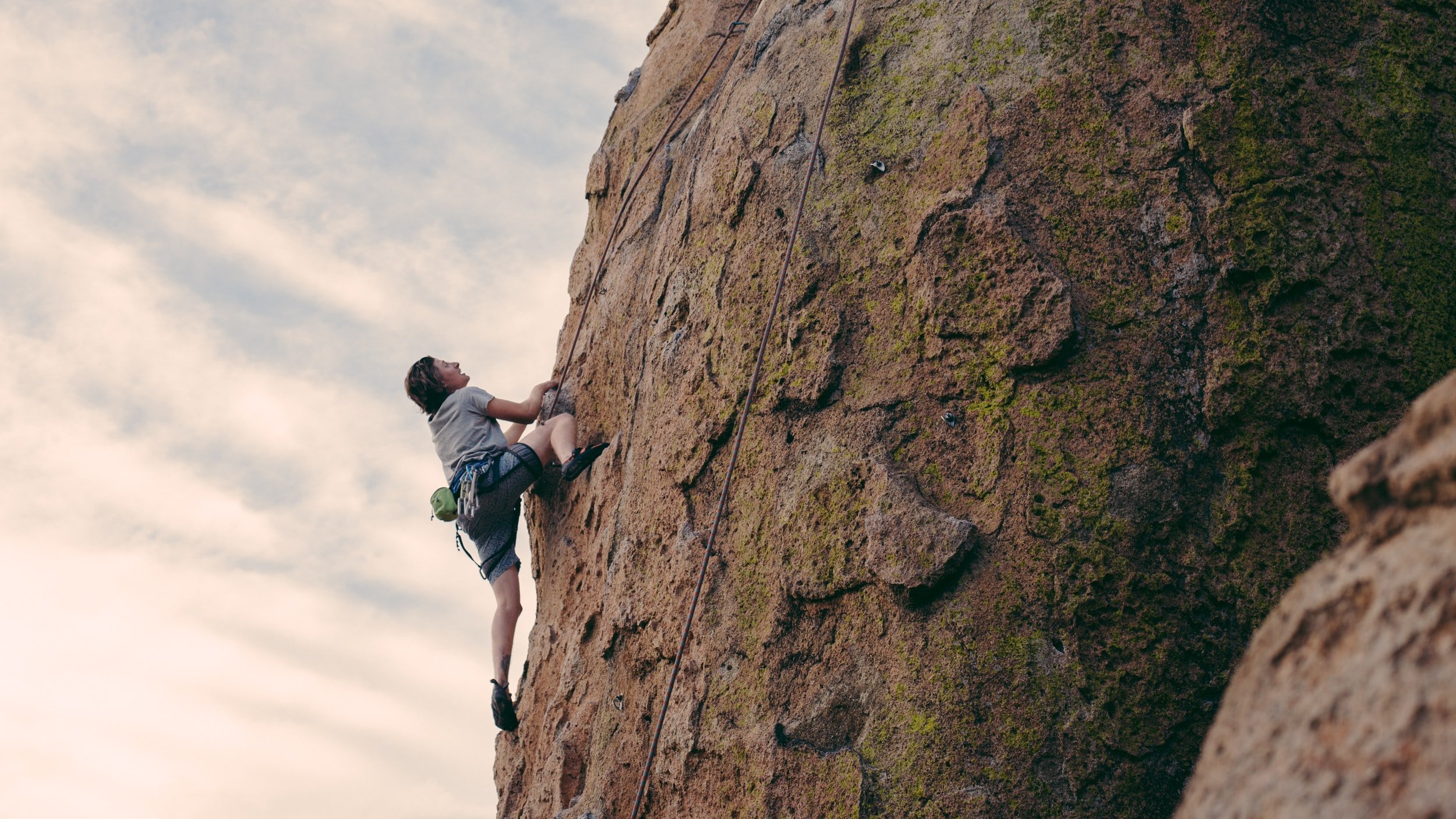
Biographical Rhythm and Crisis: Getting Unstuck: Part 4
Change catches us off guard all the time, but it doesn't always sneak up on us from the outside. Some of the biggest impulses for change surprise us by coming from the inside. That can be hard to make sense of because we are so used to constantly needing to respond to the events, expectations and relationships of our lives—but it is true! External events, outer changes make sense in a certain way because they adhere to the laws of cause and effect. If we suffer a loss or are experiencing a lot of anxiety related to an upcoming event we could place our feelings into that context and gain some consolation. In other words we learn to say: I feel this way because that happened. We know that significant loss brings grief and disorientation. We also know that the anxiety of anticipation can easily exhaust us as we try to make sure that everything has been properly considered and prepared. Those are painful experiences but they can be rationally understood. What happens when a life change starts inside of us and therefore doesn't necessarily match any of the outer circumstances around us? It can leave us frightened and confused because there is no immediate reason for feelings of grief or anxiety that seemingly well up out of nowhere. But those experiences are much less random than we might think.

Does our body influence how we think? Getting unstuck, Part 3
There is another aspect to getting unstuck, which relates directly to the connection between our physical/physiologic life and our emotional/spiritual life. It is actually a connection that goes both ways, meaning that our emotional and spiritual life impact how our body feels and how our body works, and vice versa. We all experience this. When we are stressed it affects our sleep, our energy, even our digestion, whereas when we are relaxed and contented many of the little aches and pains fall away. Going the other way (the functioning of our body up to emotional and spiritual well-being), imbalances in the body's physiology (like electrolyte levels, blood sugar and organ function) influence the way we feel and even lend an “imprint” into our thought life. Bodily function lends a continuous coloring to our experiences and perceptions, though this is usually fleeting and remains mostly unconscious. A bigger injury or imbalance—like falling and breaking your arm exaggerates that influence. The acute pain of that injury clearly distracts and disrupts our emotional and cognitive functioning. But this pathway is there all the time and it functions in both directions.

Inflammation as Transformation: How to Get Unstuck? Part 2
One of the truest definitions of health that continues to prove itself over and over again is that when we get sick, our immune system can work thoroughly and efficiently so that the illness comes to a full resolution. In other words, being healthy does not mean that we never get sick (which would assume that at baseline we have some kind of perfection of physiology, and illness is always a deviation from it). That makes for a clean model, but is a very static view. We are more dynamic beings than that. At important times an illness process can actually open the door for us to transform and rebalance. Small children are particularly good at this. When they get stressed or worn down, they quickly show the world that they don't feel well (adults are not quite so honest, and we can hold out a lot longer with supports like caffeine, deadlines, duty, and yes, the fear of finally letting down…). But sick children do what their bodies need: they slow down, they lose their appetite, get a fever, whine and cling, and discharge what they don't need (with a drippy nose, loose stools, a red rash, etc). That process needs a few days, but usually children swiftly turn the corner and build back to a good appetite and full activity–often better balanced than they were before. So an essential part of health is that our body has the flexibility to loosen and shift and change to a new state as needed.

Getting Unstuck, Part 1: How a Homeopathic Remedy Can Help
Been stuck recently? Seems to be going around. It’s not necessarily bad as long as it doesn’t become a way of life, though it usually does last longer than we feel comfortable with. But it has its place. Take breathing as an example. There is that place in your breathing, where you have taken in a full breath, but not yet started to release the air. Do you know that place? And it feels like nothing is happening, but there is something happening—a change in activity is coming (from in-breathing to out-breathing). And while the natural world around us these days is bursting into new activity, the human process for change seems to lag behind this time of year. Why? Well, when the winter comes and brings cold temperatures and long nights, we all naturally breathe in. It feels really good to breathe in at that time. Fall, the winter holidays, and the changing of the year bring an inwardness that feels really good. It's nice to be cozy inside, light candles in the darkness, and devote time to our family life, our community life, and our inner life. It is in fact true that the deepest winter nights are a potent time to come into a purer relationship to our inner intentions and our spirituality. We can connect better to our higher self and find inspiration for the coming year during that time….